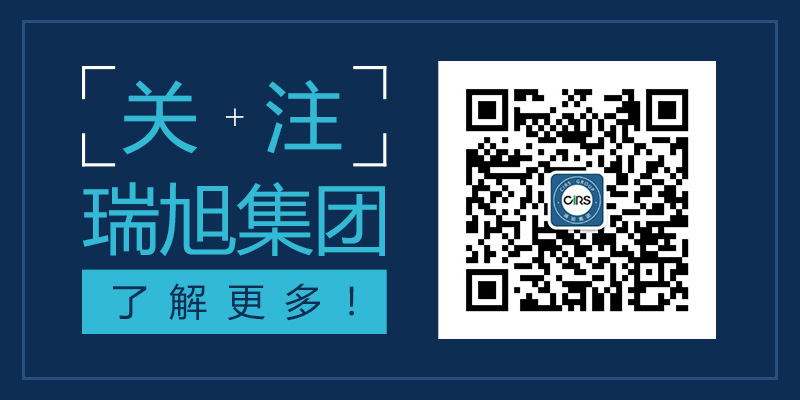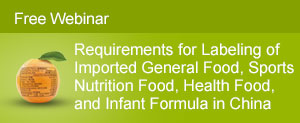On 24 March 2016, Ministry of Finance, General Administration of Customs, and State Administration of Taxation jointly issued a notice about the new tax policy on Cross-border E-commerce of imported commodities at retail (B2C) (hereinafter referred to as online imported commodities (B2C)).
It stipulated that since 8 April 2016, the current parcel tax will be no longer levied. The new tax on online imported commodities (B2C) will include customs duties, value added tax (VAT), and consumption tax.
As a major part of online imported commodities (B2C), common food, infant food and health food (dietary supplement) will be seriously influenced under this new policy.
1. Which imported commodities are within the scope of the new tax policy?
I. For the moment, online imported commodities (B2C) that can provide electronic information (such as transaction, payment, and logistics information) are included in the implementation scope of the new policy.
II. Personal belongings and online imported commodities (B2C) that cannot provide electronic information will still be supervised according to existing regulations.
2. What are the main changes of the tax policy on online imported food (B2C)?
|
S.N. |
Value of Single Transaction (RMB) |
Tax at Present |
Tax Since 8 April 2016 |
|
1 |
<1000 |
I. 10% for food, beverage |
1. 0% for customs duties |
|
If tax is ≤50:exempted |
|||
|
2 |
1000-2000 |
Full tax as traditional import trade a |
1. 0% for customs duties |
|
3 |
>2000 |
Full tax as traditional import trade a |
Full tax as traditional import trade b |
|
Additional requirement for the new tax policy |
|||
|
Annual individual transaction limit is 20000 RMB. When the value is exceed limit, full tax is required. |
|||
a: excluding one-piece integral personal items.
b: one-piece integral commodity more than 2000 RMB also should pay full tax.
3. The parcel tax will be adjusted synchronously
For online imported commodities (B2C) that cannot provide electronic information, they still only need to pay parcel tax currently. Therefore, in order to maintain the general consistency on tax rates, China government will adjust parcel tax since 8 April 2016.
Import tax rates on imported food
|
Food Categories |
Tax at Present |
Tax Since 8 April 2016 |
|
Food, beverage |
10% |
15% |
|
Alcohol |
50% |
60% |
4. What are the major effects on online imported food (B2C)?
4.1 The price becomes higher, and competition pressure becomes greater
Compared with food imported in traditional trade way, price advantage is one of the important factors to attract consumers to purchase online. The prices of imported food are generally not very high, and under currently 50 RMB tax exempt policy, the vast majority of them can be imported without any tax.
However, when the new tax policy comes into force, costs for customers will increase objectively, and the online imported food (B2C) has to face the competition pressure caused by product price rising.
For example, for a can of infant formula milk powder priced at 300 RMB, the tax changes are as follows:
|
Items |
Tax at Present |
Tax Since 8 April 2016 |
|
Calculation |
300*10%=30 RMB (parcel tax) |
300*11.9%=35.7 RMB |
|
Results |
0 RMB |
35.7 RMB |
|
Conclusion |
The costs will increase by 35.7RMB |
|
4.2 Positive list will stipulate the online imported commodities (B2C) categories
The List on Cross-Border E-Commerce of Imported Commodities is under formulation. When it is released, relevant departments will supervise online imported commodities (B2C) in accordance with this list.
It is reported that daily consumption goods without the requirement of import license certificate can be involved in the list, and the products out of the list may be forbidden to import by cross-border E-commerce. Official notice is not public yet, and CIRS will continue to focus on this matter.
Contact us
Ms. Wing Yu, Food & Health Products, CIRS China
11F Dongguan Building, 288 Qiuyi Road, Binjiang District, Hangzhou, China, 310020
Tel: +86 571 8720 6538 | Fax: +86 571 8720 6533
Email: Wing.Yu@cirs-group.com






